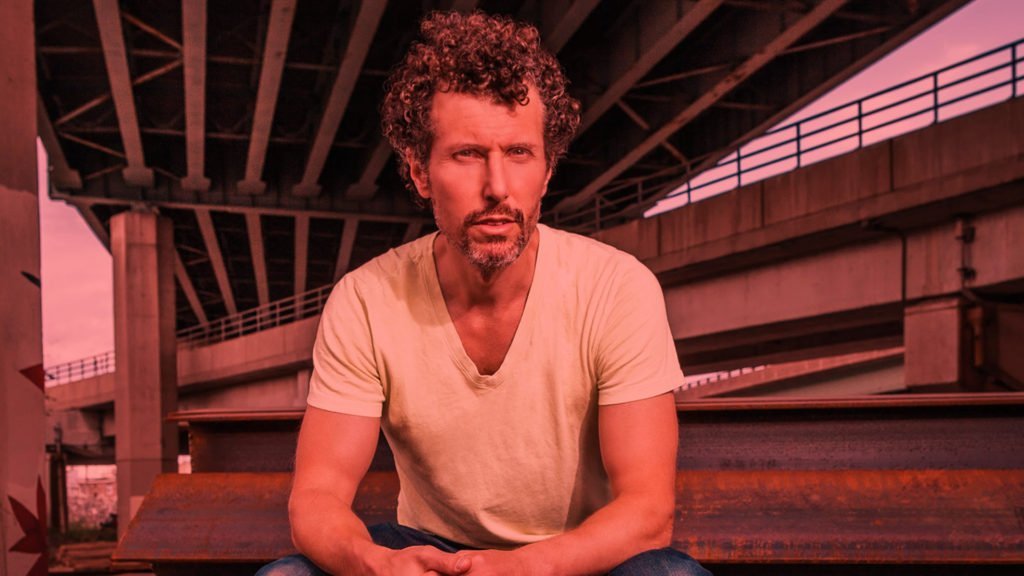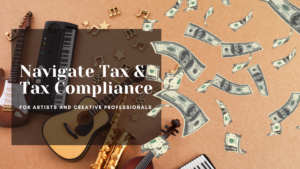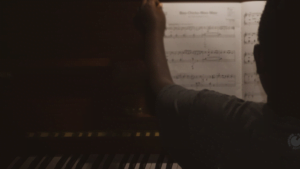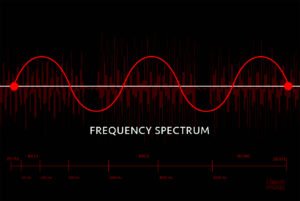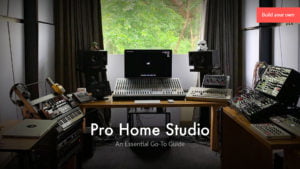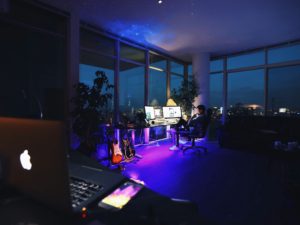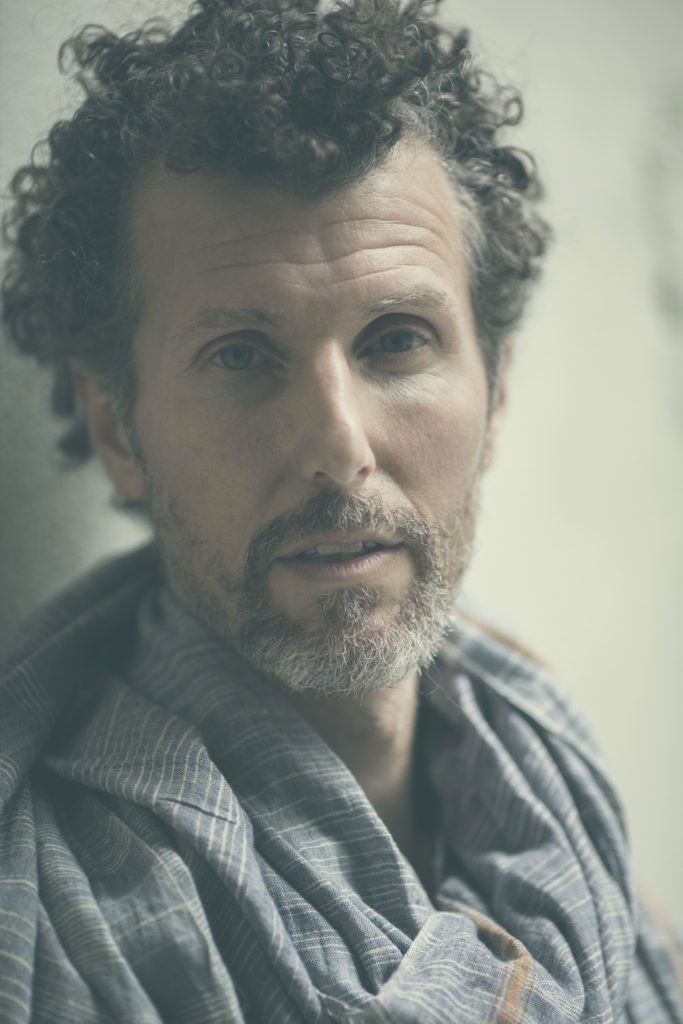
Birth name: Joshua Winkelman
Also known: Josh Wink, Accent, The Crusher, Dinky Dog, Size 9, Wink, Winx
Born: April 20, 1970 (age 49)
Philadelphia, United States
Genres: Big beat, Electronica, Acid House, Drum and Bass
Occupation(s):DJ/Producer/Label Owner
Years Active: 1990–present
Label: Ovum Recordings
Associated acts: E-Culture, Jack Jones, Elite Music Management
Website: Josh Wink.com, Elite Music Management
We had the opportunity to capture a few words of wisdom from the legendary Josh Wink at the Warpcore basement, before his gig at Delhi, as part of the Josh Wink 2019 tour…in an exclusive interview hosted by Dev Bhatia of Unmute.
How long has it been since you have been Dj’ing and producing music?
Josh Wink: I got involved as a mobile DJ when I was 13 years old. That’s how it started for me in the mobile world. I’m 49 now, so I have been doing this for a couple of years. It changed from Mobile DJ work when I bought the equipment from the mobile DJ company and taught myself how to DJ and started doing school parties and then I moved into playing in the nightclubs and then it came into…why am I playing other peoples music when I have ideas of music in my own head?
Music Production was the transition between travelling and just staying as a local DJ in Philadelphia. Because then all of a sudden people from all over the world got to hear my music and you didn’t need to be in Philadelphia to know Josh Wink. So production kinda opened up the door for me for world travel and world recognition.
Who or What is a Mobile DJ?
Josh Wink: The term Mobile DJ came from a disco jockey who was mobile and was not at a night club or a banquet hall. It was someone, a company, 2 people or 1 person, whatever it may be, that had their own equipment and did events through entertainment. So I used to do weddings, bar mitzvahs, communions, party events that weren’t about nightclubbing, it was more for… I mean you know what a wedding is. So if you don’t have a live band, you have a DJ. So that’s kinda what I did.
And I wasn’t the sole Dj, I was an apprentice when I was 13. I would learn how to pack a car and plug in the equipment and understand the business side of things. And there weren’t any turntables or that kinda Dj’ing at the time…. it wasn’t about beat mixing or beat-matching, it was about the entertainment, playing the right songs at the right moment and requests. So when a grand-mom wants to slow dance to a song with her son who is getting married, that’s when I know what to play. And it’s solely about entertainment, there wasn’t an artistic aspect at the time yet, for me.
The artistic part of Dj’ing came about for me with hip-hop music in Philadelphia. I grew up and watching guys like DJ Cash Money and Jazzy Jeff in the streets of Philadelphia and getting to see beat manipulation, beat juggling, transforming the turntablism aspect of DJing. And then I got to go through the house music producers from Chicago and New York and their artistry of blending, combining music and working certain things together.

Did Mobile DJ-ing help you in your career?
Josh Wink: To really answer your question, Yes! I really got to understand DJing from a different point of view than what it grew into. In the beginning, it was playing the right music at the right time for the purpose of entertainment, for everybody from four-year-old kids to 75-year-old grandparents and to 20-year-old people getting married.
You are there to entertain them, that’s what you are getting paid for. No question asked. It was not about education, it was not about people at the wedding coming up and saying, What track are you playing. Mobile djing then was about entertainment, now it is a hybrid of artistry, education and entertainment.
What would 2019 Josh Wink say to the 1990 Josh wink?
Josh Wink: How you doing? What’s up handsome? *laughs* Good question… I don’t know….Probably… get a good lawyer. That is the one thing that I found out in this game through contracts I signed, I got a lot of learning.
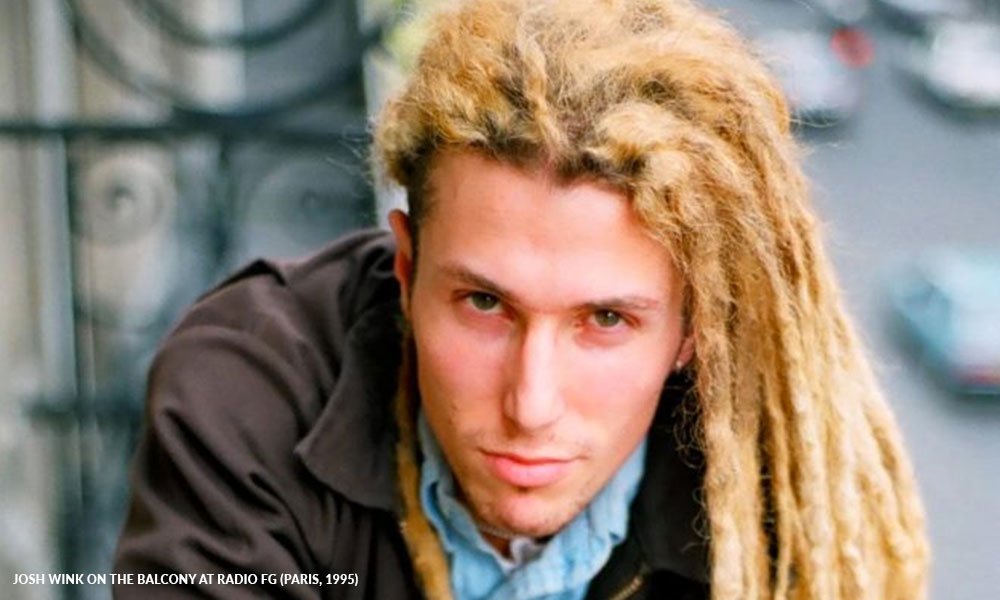
Most of my deep learning in life has been about weird, tumultuous, hard circumstances and most of them in life have come through signing bad record deals. And so I would say, “Get a better lawyer”.
How do you prepare your DJ sets?
Josh Wink: It is a good question and it depends on the person answering the question because it’s different for different artists. I am an artist, you are an artist, everyone is unique.
I ask myself how can I not compromise my integrity of who I am as a person, so it is what you feel comfortable with and that’s what separates yourself from other people, it is your individuality.
There is a joke in the industry that there is always some guy at the front of the night club or the DJ booth who is always like… Play harder, play faster. And you don’t play for that one person. They are the loudest, but that does not mean that they dictate what goes on.
Where do you see electronic music heading in the next few years?
Josh Wink: Musically I don’t know, but I know it’s going to become bigger. One of the things in this industry that has happened is that it (electronic music) has become popular and more in demand and more available.
I think everything is kinda here to stay, but things just mutate.
What is your take on the argument of Analog vs Digital?
Josh Wink: I don’t really get into the debate on what it should be or shouldn’t be. Be synced or not synced or should be analogue or digital. I don’t need to be right. So I don’t fight that fight.
So you know if its sounds good… you know. You should think of that artist’s sound that you really really like and you don’t care how they made it, you are just happy that they made it, right? I am a big fan of Aphex Twin and I don’t care how he makes music, I just want him to keep on doing it.

Image: Aphex Twin (Roger Ho)
I mean technology has helped me out a lot and it also made me lazy. I listen to my old music and wonder “how do I make my current music sound like my old music?” Because I miss that sound.
I have a lot of my old gear and I have my analogue and hardware machines to go back to. Using 12-bit samplers and drum machine samples and sequencers and I don’t use the computer anymore or I combine the two, I combine that world with the software world and see where it leads.
What do you envision to be the next technological breakthrough?

Josh Wink: I don’t know… I’m not in the forefront anymore of bringing the newest thing. In the start of my career, I became one that wanted the newest, freshest plugins, gear and that fizzled. Because it was not always about what I had, it was just what I had and how I used it, rather than how new it was or something like that.
There is a mixture in my world where I like simplicity for me. I don’t like to travel the world with a lot of stuff. I like to be light and I like to be carryon.
My setup is a mixture of computer and an old school thought-train of being. I use Traktor and I use CDJs with time-control. Like I would, with a turntable or a cd player. But I use my computer as my record crate. So, I have my old school vinyl set-up with like two turntables and a mixer, but I combine it with the computer aspect of it. And for me, that is just fine.
At times I look at other artists and I get really inspired to go that route, Like wow, that’s really cool. But it’s not where my head is now. And there is a really good, open, growing community of us all pouring into music and technology that are pushing the boundaries to what happens next, I just kinda got lost in my world of production and travelling and running a record label.
What would you say to new producers who already seem to face creative blocks?
Josh Wink: That is another question based on individuality. I don’t make music on the laptop, on the road. I know colleagues and friends that do. For example, a good old friend of mine, a very popular and talent artist: Joris Voorn. He makes music on his laptop. He could be flying from Amsterdam to Delhi and do three tracks on his laptop and play them at the gig and he gets the best reaction ever, that’s him.
I need to be in a studio when I make my music. So its a mixture of touring the world as a DJ and being at home in my studio, where I make music. I can tell you, I get very inspired to make music at certain periods of time. And I’m excited to go into the studio and do them and then next thing you know, it’s not going anywhere. So creativity comes and ends inflows. I don’t think there is any person out there that is 100%.
I go into the studio sometimes thinking that I’m going to do a techno track and it comes out to be like, I don’t know… a downtown club-house track. The unique energy flow of being an artist, being creative, is unique to us. So I imagine that their writer’s block will be gone.
I don’t know.. I can’t put my head around somebody who is 23 years old and using sound banks and internet sound sharing sites, where you use just sign-on. It is like garage band now where you pay for a subscription service for sounds and loops and textures and you just cut and paste and slice.
Splice! Splice is a good one and there is another one, that Native Instruments does as well. So, I work with a friend who uses that and it’s really cool and fast, but the homogeny of music nowadays comes because a lot of people are using the same presets and the same sounds. It is a block for me. But I can’t think, to answer the question right, to have a 23-year-old who only knows this rather than me still making music through drum machines and sequences and software synths and hardware synths that don’t base themselves on preset sounds.
To answer the question… maybe get out of what is comfortable for you. Get out of your comfort zone and push yourself out to that mad shadow place where you don’t feel comfortable and see what comes up and helps to be inspiring. Mistakes turn out to be the best things in the world sometimes, for me. So don’t get too focused on what should be rather than what can be.
You know… we should be outputting out a certain amount of music, we should be doing this… My mom used to say to me…. “Never should on yourself”, which I thought was a pretty funny thing to do. But you are wasting your time and energy on something that is out of your control. So control what you can and if it doesn’t go where you want, just scrap it and move on and progress. And if it does not work in general, just go do something else and get out of the studio.
But I think when you become too comfortable and lazy with things, things become a little bit uncomfortable as well.
What is your production schedule?
Josh Wink: I know you are asking me this question but I can also answer it for everybody as well.
Creativity is spontaneous. But that being, I don’t make music on a laptop, I can’t be at home and say I got some creative idea and write it down at home. For me to make music that you guys get to hear, I have to make time to go into the studio. And its the balance in my like between me being a father, a family man, a record label guy and a touring traveller guy that’s able to fund what I do through doing gigs like this around the world.
I look forward to getting in the studio because that’s my time to be 100% creative. When I am on the road, I miss it. But there has to be some sort of a balance for me. You know there was a point of time when artists and DJs and producers would make money from record sales. A lot of those days are over, you know… because there is only so much money you get. You get a 10th of a cent from it being streamed one time. So you have to have one track played 850 thousand times to be able to make minimum wage.
Try to make that as an underground artist and make a living??? So any artist that makes music, who want to make a living, has to go on the road and tour and sell tickets. And then you have to balance what you get there. Well, you guys know me, not because I am a Dj but because of the artist (producer), I am and it happened over the years since 1989 when the 1st record I made, came out. So there have to be some boundaries and some regiment. Now regiment works uniquely with individuals.
My x-partner King Britt, he made a schedule to be in the studio where he would work from 9 until 6, like a job. That worked for him. May not work for you.

Image: King Britt
Some people like to be in the studio at night. I like to work at night in the studio. There is no distraction, no people calling me on my phone… But I also like my sleep now. My son gets up at 6:30 every morning so I am up at 6. So my night times are spent differently than they use to when I was a younger man. But uniquely some people like the scheduling, some people don’t. It’s what works for you.
How do you link all your aliases even though they are creatively different?
Josh Wink: The reason why the aliases came out, believe it or not, was solely contractual, originally. I wanted my records on different labels that I really truly loved and wanted to be a part of growing up. ‘Cause I grew up at the beginning of this industry and then there were really cool labels. As a DJ I would always buy their music and I use to say if I was an artist, I would want my music to be out on this label because I want that record which that label had. But I couldn’t because the contract at the time said that you excessively would be signed to this label, as this name. So I changed my name. Originally the reason why the aliases were because I wanted to be on different labels and that was the only workaround.
In terms of me being and having alter-egos: sometimes when I started these projects I wanted to have a different outlet. Like I can make acid-house as this name and techno as this name and deep-house under this name. I liked that concept. It gives me the liberty and freedom to do what I kind of wanted to do. It’s like Richie Hawtin when he does his Plastikman thing. Like you know when its Plastic-man you know what you are getting but it is all coming from the mind of Richie Hawtin.
But to really answer your question why I chose all those different aliases, is contractually I wanted to be on different labels. And that was the only way to go ahead and do it.
Even though Size 9 was more a neo (ambient) house kinda sound, where Winx or Wink was more minimal house and techno.
What is your thought on Marketing and Artistry?
Josh Wink: What seems to be another popular theme, is marketing. Having a conversation with those who were coming in the car with me, was, how do I get to do what you are doing? and I said “gosh!!”. In my head, I’m thinking… it must be so hard to start out nowadays because back in the day there were like 2 new artists, now it’s like 200 new artists.
How can I stand out? How am I unique? What do I do that’s different than 2000 other people that are doing the same thing? I’m not being the old man up here by saying things have changed, but “Things have changed, And things have changed quickly.”
So I have a company that handles my press. Not solely press, they do interviews and work stuff out like organising this (workshop) and management and then social media management as well.
So you know, believe it or not, I don’t do facebook. I pay a company to do facebook management and record label management for digital media. I said I don’t want to be that guy, that just takes pictures or gives the camera to the promoter or tour manager (which I don’t have), or someone behind me with my hands up, at a gig with the crowd going like this (hand pumping action). I’m not that kind of guy, so I have someone else do it for me. But it is important, nowadays, unfortunately.
Artists get booked by metadata now. And that sucks, it used to be about music! But now it’s about metadata. How many friends I had on facebook when facebook was popular would guarantee me getting booked at a festival. It sucks! but it’s true and it has come to a point where talent does not sell tickets.
You have someone who is very talented but that does not mean that he is going to pack a club or a venue, so they don’t get booked a lot, and that really quite frustrating. There are a lot of talented people out there, that don’t have a lot of following, but its part of the culture now.
The fact that I am expected now as an artist, once I get booked for a festival or for a club to do promotion on my social media. I didn’t know that was part of the game now, but it is.
I like aspects of it….. when I arrived here in Delhi, I immediately wanted, genuinely wanted, to do social media. That’s the difference. Like I wanted to take a picture of me on the plane landing, and me saying Delhi and put it on social media. Or 1’oclock last night when I checked into the hotel, I wanted to eat a yellow dal, cause I’m in fucking India and I want people around the world to know that.
Those are the social media pictures I take. I’m proud of where I’m going and I’m proud of what I do. I want to show you guys off to the world, as I do every special place that I have come to. But that’s what I want to do, even though I am expected to do it. But marketing and metadata and promotion and management and the PR is part of the game.
What is the key to running a Successful Record Label?
Josh Wink: Well, thank you for knowing 25 years. The key to success for running a record label for 25 years is losing a lot of money. If you want to lose money, run a record label.
Unfortunately so, it has become a labour of love. A lot of money, a lot of budget from what I get from touring goes into the maintenance of having a record company. But not being a wise-ass, in answer to your question, its a labour of love and it’s about integrity.

I think, putting up music that really resonates with our hearts, rather than resonates with how successful the record is going to be because of how it sounds, helps the record label, for us to be what it is. Because we try not to put out trendy music which has time constraints to it. Trends are related to time. And there is a lot of music that you can listen to here, now like an older record, how that’s so 2005 you know.
We are fortunate on Ovum to have what we call classical timeless music, where it doesn’t get labelled on that certain sound. That’s also difficult with sales because people don’t necessarily buy non-trendy music as popular as trendy music. And I don’t mean trendy in a bad way. I mean it’s very subjective. What in music is trendy and quality, it’s all different for each of you.
The integrity to sign music that resonates with our hearts rather than realising (sales)… you know I turned down a lot of records that were really good possibility records because we were not the right label for it, even though it was huge. It could be massive, it just didn’t fit right. It is not fair to the artists and it’s not fair to us to release music that we don’t feel comfortable with.
But then again we also release really good music that doesn’t sell, hence if you want to start a record company, get ready to lose some money. You know it also doesn’t cost as much money to run a record label as it did in the past but we still release vinyl and I employ one person.
A good record for us sells 300 copies, which is a good vinyl release nowadays which sucks! you know… 300 was the number of promos we used to send out. Now it’s our top sales. It’s ridiculous. So it is a labour of love and its a battle with integrity, but if its something that you like and you want to get involved with, I would say, Do it!
More on Page 2 :
– A&R process at Ovum Recordings.
– Discovering good music.
– Mental & Physical Health as a touring DJ.
– Collaborating & working with other artists.

